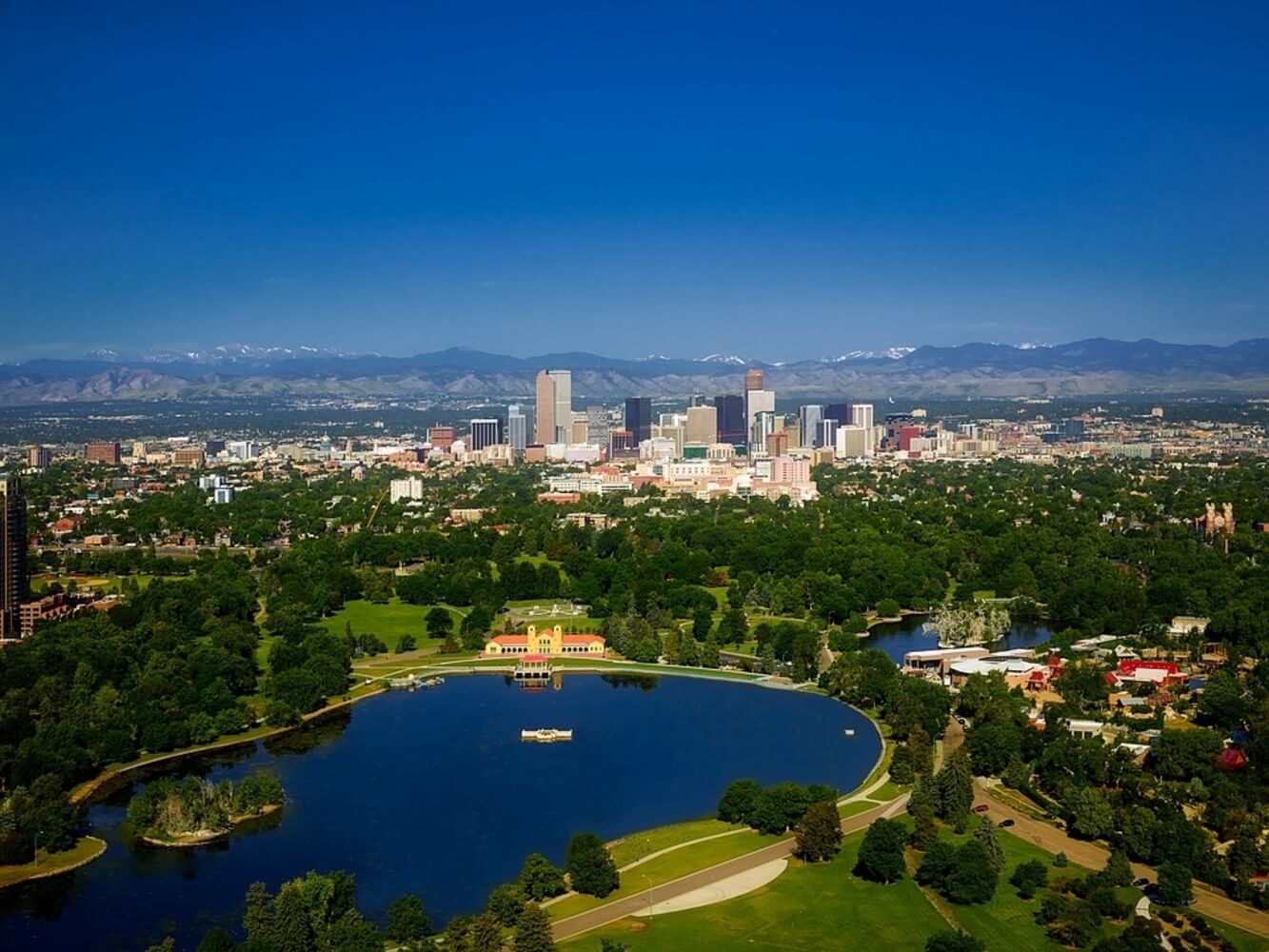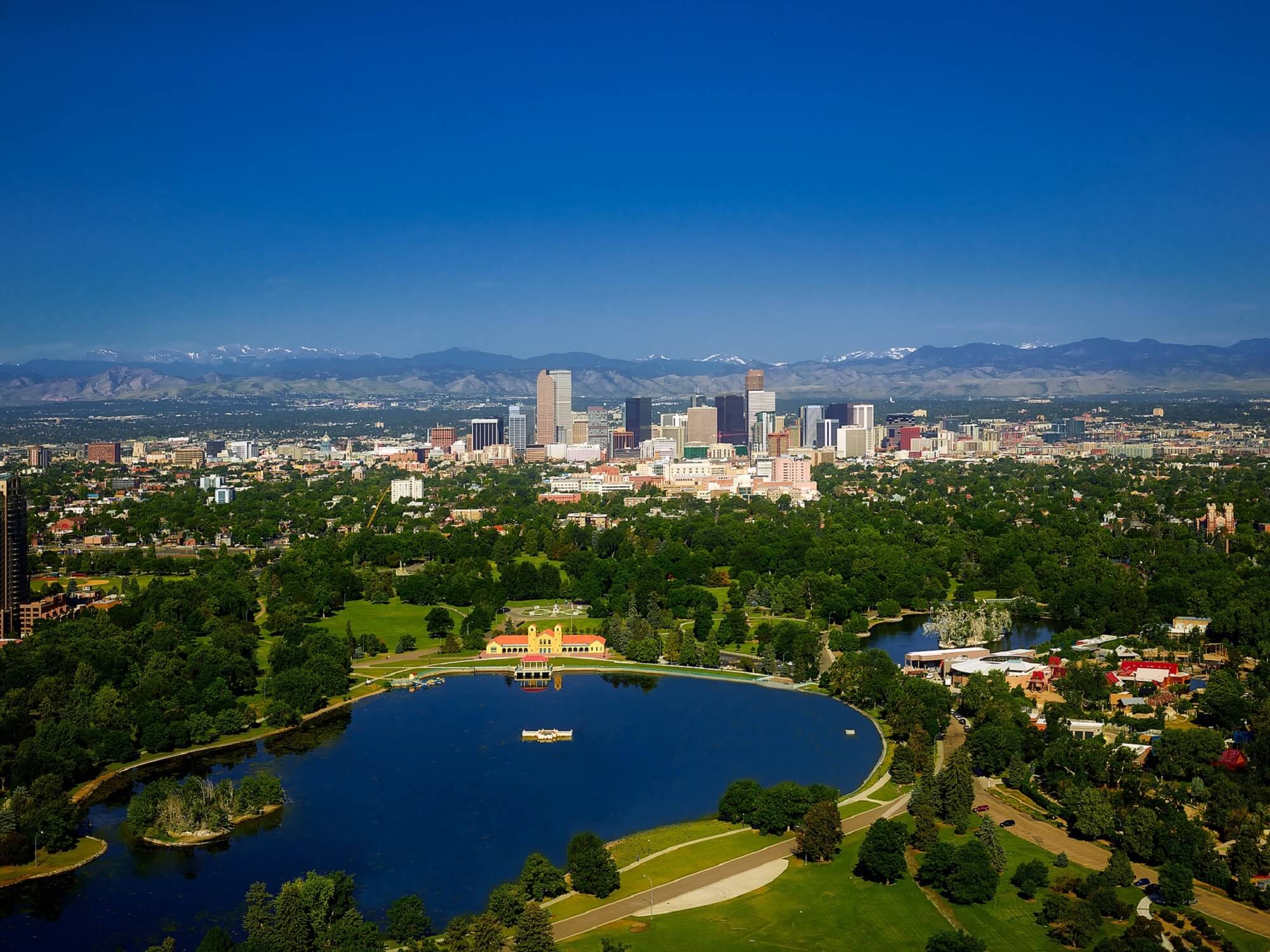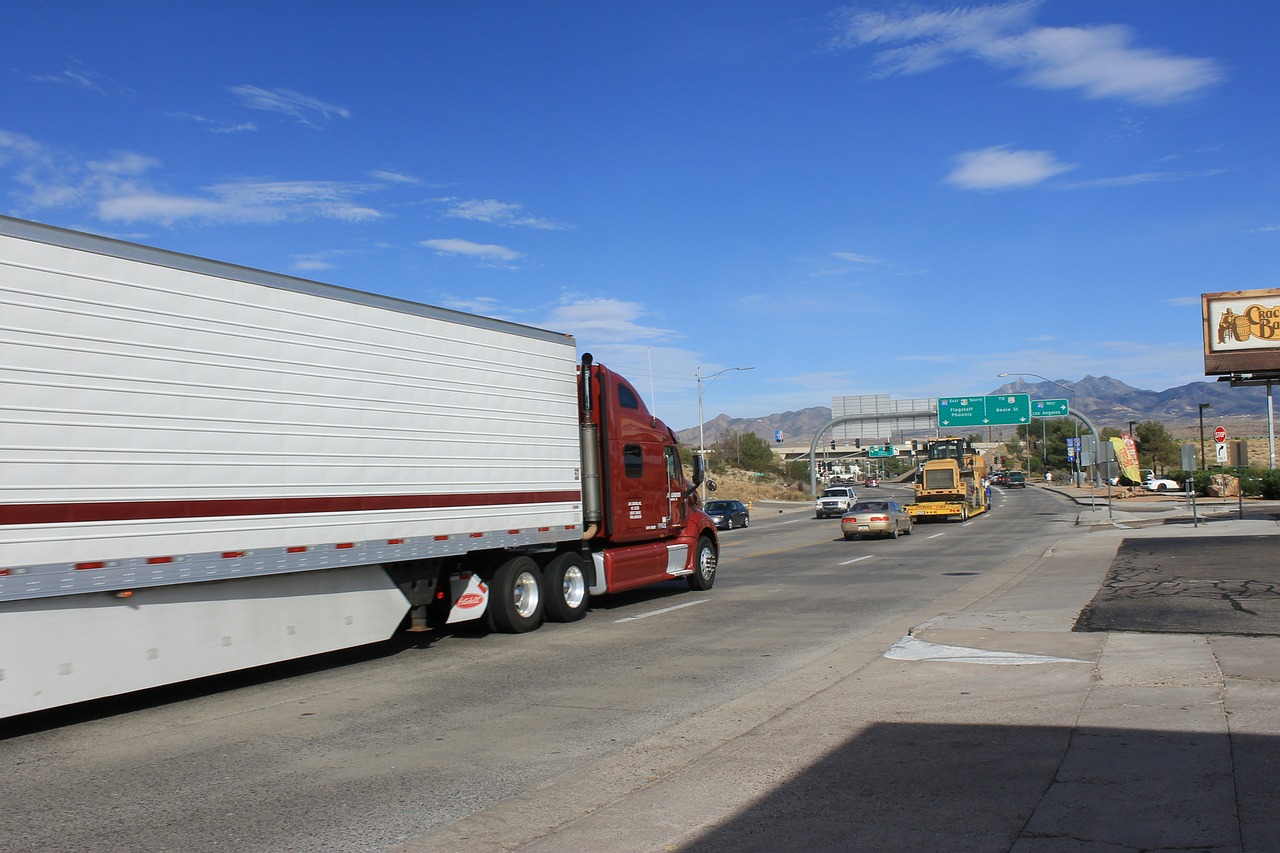Alternatives to Living In Denver For An Active Outdoor Lifestyle
Nothing else is better than enjoying the beauty of nature. Imagine yourself outside surrounded by trees, listening to the chirping of birds, the wind touching your face, and sunlight shining brightly. This is just one of the many perks of living in Denver! But if for some reason you can’t settle down in Mile-High City, don’t fret! Here are great alternative places to live where you can still take advantage of everything Mother Nature has to offer.
1. Aurora, Colorado
With Colorado’s uncontested natural charm, it’s no surprise that one of its cities tops this list. Just 25 minutes away from Downtown Denver, Aurora provides access to Denver’s perks minus the higher living costs. It has everything you need from lakes, parks, and rivers, with thick forests to hike on and explore. You can also visit the Aurora Reservoir for fishing trips featuring some of the largest basses you’ll ever hook. There are also miles of bike trails and shaded paths that wind through acres of preserved land. If all this outdoorsy living sounds like something your family would enjoy, then don’t wait any longer – start packing up because Aurora is waiting for you!
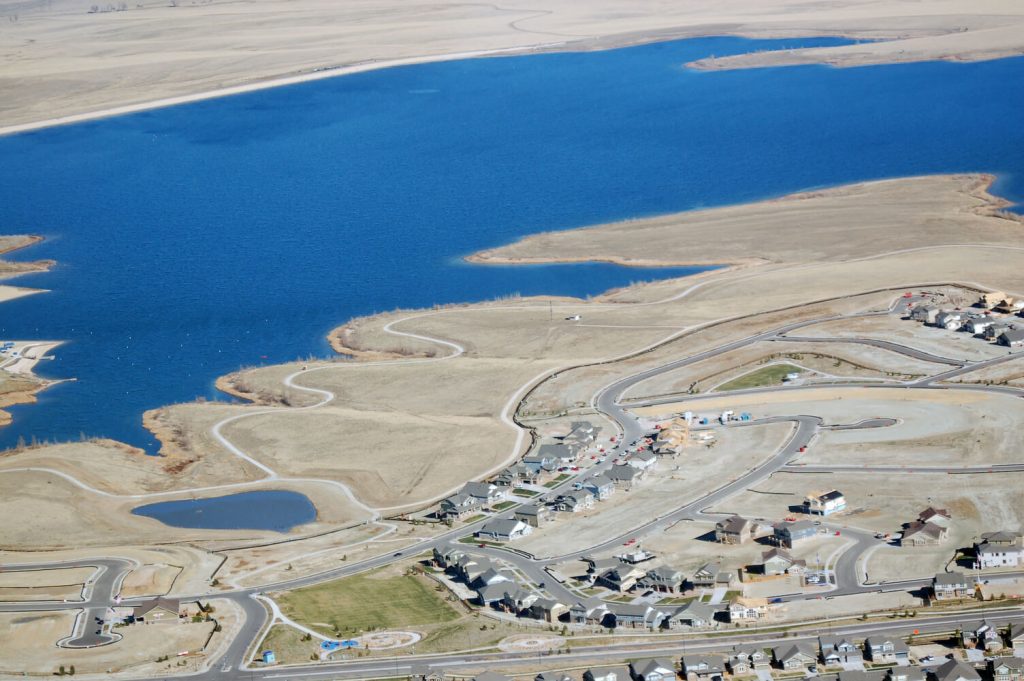
2. Torrance, California
Seeking oceanic adventures? Look no further than Torrance’s breathtaking geography. This coastal city proudly boasts some of the most stunning beaches in California. Everything you need to enjoy an outdoor life is here. Deep blue ocean waves and white sand beaches? Check. Fantastic seafood restaurants and souvenir shops? Check. Picturesque views from jaw-dropping cliffs? Check. It’s hard to get bored in here! Bring your family over and enjoy fun activities together like biking, surfing, and camping.

3. Bellevue, Washington
If you’re in search of a small-town vibe without losing access to big city opportunities, Bellevue is the place to be. People often associate Washington State with Seattle, but many fail to give credit to this city’s greatness. Surrounded by giant mountains and lush green scenery from all angles, you’ll find it hard not to love the city’s raw beauty. But there’s more to this place than natural attractions. Bellevue also features an eclectic mix of restaurants like SeaStar and Carmine’s that serve mouthwatering dishes. Curious to learn more about what life’s like in this wonderful city in the Pacific Northwest? Check out this list of pros and cons for living in Bellevue.
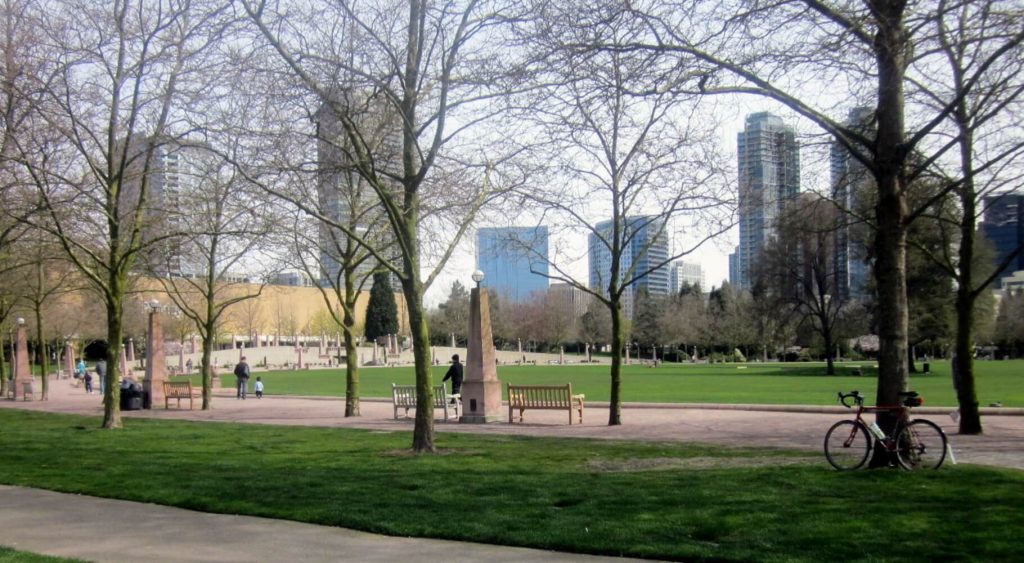
4. Provo, Utah
Mountain expeditions always have a special place in the hearts of outdoor enthusiasts. If you love to trek, trail, and camp, Provo, Utah, has no shortage of outdoor activities for you. Move here and enjoy convenient proximity to Mt. Timpanogos. This iconic peak stands tall at almost 12,000 ft. above sea level. Pack your bag, gear up, and explore the 15-mile hike across rock formations, hidden caves, and a modest lake along the way. You can take advantage of hundreds of biking trails scattered all around the city.
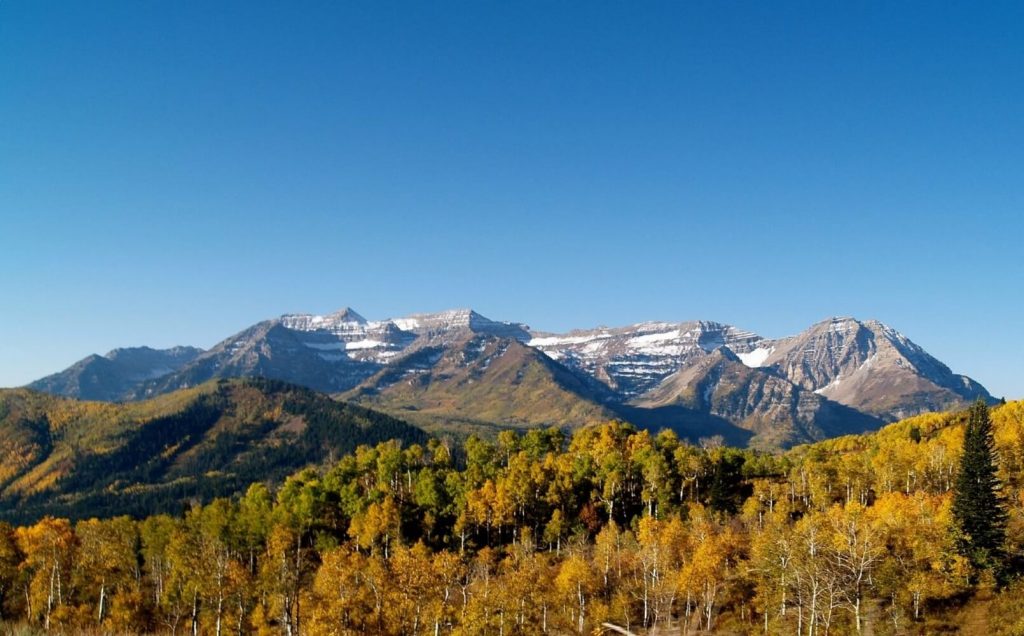
5. Portland, Oregon
Another budding metro in the Pacific Northwest region, Portland brims with dazzling greenery, rich wildlife, and dozens of distinguished natural attractions. All in all, there are over 250 parks in and around the city, ranging from small community playgrounds to vast sanctuaries like Forest Park and Laurelhurst. But outdoor life doesn’t only mean camping and trail hiking. The Portland Rose Festival that started in 1907 is a fun event you should never miss. Enjoy extravagant fireworks display during the opening, colorful parades featuring various floral displays, and food markets filled with cheap but delicious dishes!

6. San Francisco, California
The City by the Bay is not just about bustling streets, tech opportunities, and foggy mornings. It’s also a great place if you want loads of outdoor fun, thanks to the presence of natural sanctuaries, amusement parks, and gorgeous beaches. Golden Gate Park, for example, offers a wide range of things to do, from biking on its winding trails to skating rinks and tours among well-planned landscapes. If you’re looking for something more natural and refreshing, then San Francisco’s Mount Sutro Forest Reserve Trail is your answer. The hike begins at Twin Peaks Boulevard and ends at the Mount Sutro Tower, where you can enjoy panoramic views of San Francisco and surrounding areas.
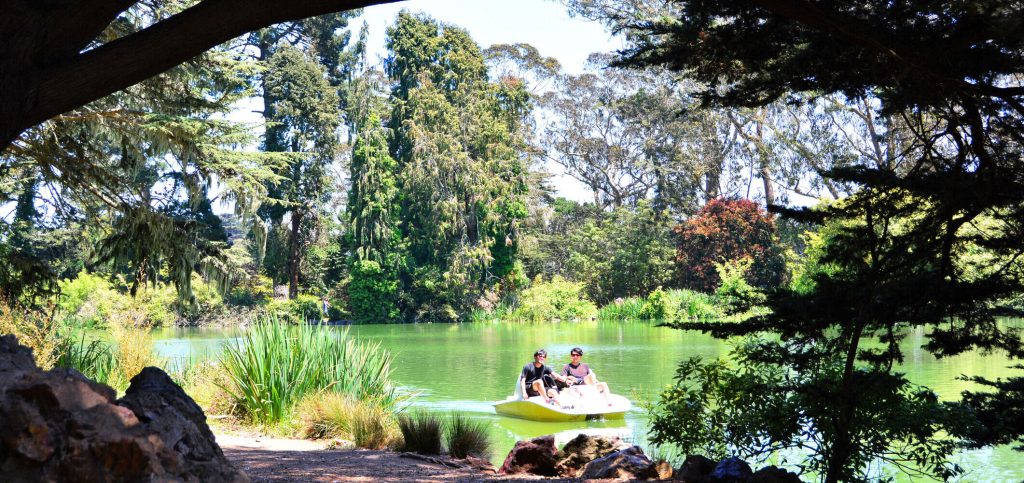
Conclusion
Denver is indeed a great outdoor city, yet it’s not the only one blessed with fun attractions. With almost 3.8 million square miles of area, the U.S has plenty of exciting places to offer. Go out there and explore the rest of it. But before you settle down, make sure the process is as stress-free as it could be. Plan out your move months ahead, contact a good moving company, and most importantly, make the most out of the experience.

